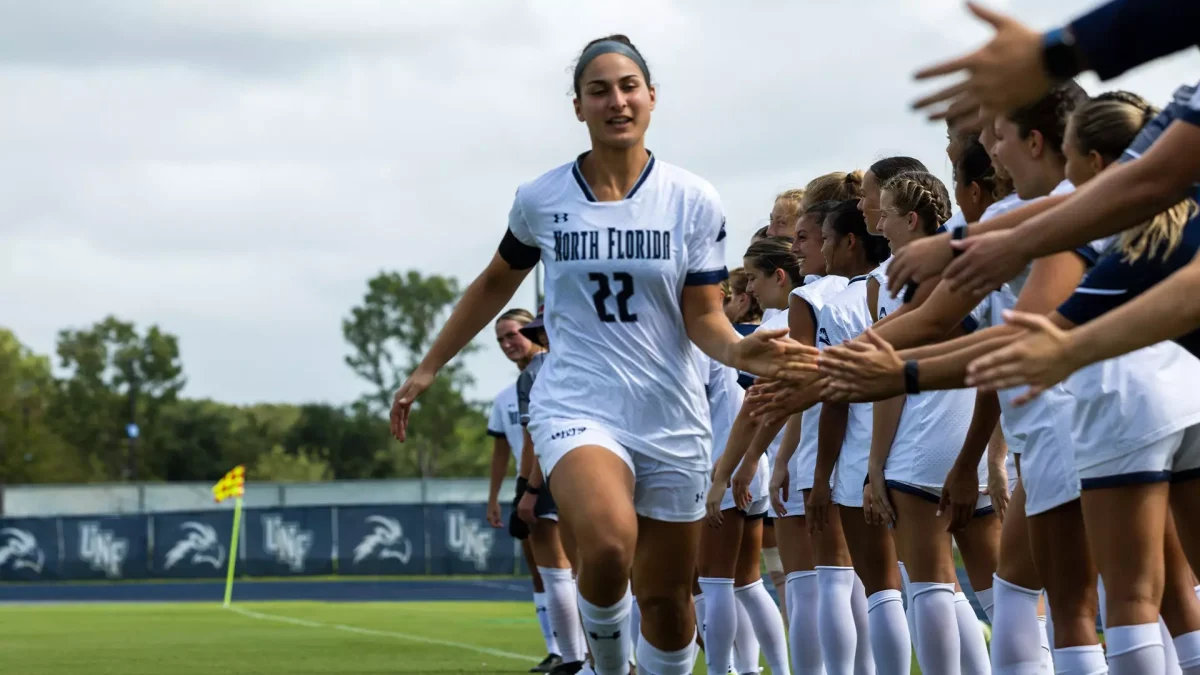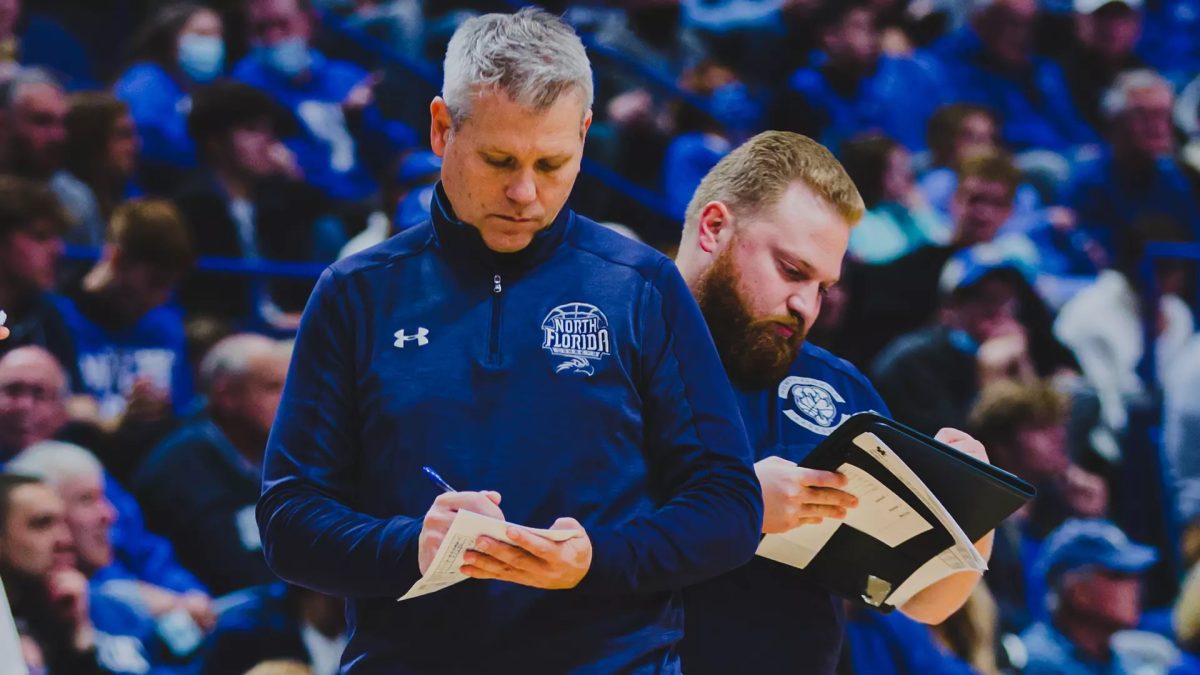A new plan, titled the New Florida Plan, proposed by the Florida Board of Governors would make an investment in the state university system which would nearly double the state’s support for over the next five to seven years in a long-term effort to boost Florida’s economy.
“The plan would create and expand a knowledge-based economy that is different from our reliance on tourism, growth, agriculture and construction,” said Shelia McDevitt, chair of the board.
Florida’s sagging construction economy forced some lawmakers to prioritize the state’s growing assets. Research and creation of the technology intellectual property create the opportunity to spin off businesses. But new businesses develop, and the state needs to produce the graduates that can staff those new businesses, McDevitt said.
The plan’s proponents maintain that graduates – particularly post-graduates – with degrees in science, technology, engineering, math and medicine (STEMM) will create businesses that lessen the state’s reliance on tourism and sheer expansion.
The plan intends to bolster both university-based research and the number of post-graduates in Florida by providing $1.75 billion for research equipment and university programming in STEMM fields. Universities must also use the money to increase admission, retention and graduation rates, McDevitt said.
Gov. Charlie Crist has proposed $100 million toward the program in its first year, should the legislators pass it during their spring session. New Florida calls for a phased increase in funds, with $150 million in the 2011-2012 school year and $200 million in the 2012-2013 school year, said UNF President John Delaney.
McDevitt said the economy is too poor to predict how much the state can commit in coming years.
“One of the things we’re trying to do with this program is create some predictability, but we also know that the state doesn’t have any money,” McDevitt said.
If the state wants to complete the plan in five years, its yearly contribution to the plan would need to be closer to $300 million per year, she said.
The state has projected that it will fund universities for about $161.2 million in the 2010-2011 school year. This projection does not include Crist’s proposed $100 million, according to the board’s Web site.
Under the plan, each university is responsible for an outline of the schools’ goals written to the board’s specifications. Universities must also report their progress according to the outline every year, McDevitt said.
Progress reports will be available through the board’s Web accountability program.
The board has not decided exactly how to allocate funds among the 11 eligible universities but plans to work with universities and divvy up money based on individual schools’ goals.
How the Plan affects UNF
Money from the New Florida Plan will offset the tuition differential that was recently adopted at UNF. The differential allows universities to raise tuition each year by 15 percent if the state doesn’t vote to raise tuition.
The state restricted universities to a 7 percent increase – where the state paid the other 8 percent. If the state does not make a full 8 percent raise, the tuition differential lets universities exact up to 8 percent in “non-tuition” fees from students.
Since differential tuition is a fee and not “tuition,” some financial aid programs like the Florida Pre-Paid program do not cover it.
New Florida money will give universities money that could lighten students’ burgeoning tuition burden, said Student Body President John Barnes.
Delaney said he thinks students will see differential tuition decrease after the first year.
Tuition increases will continue, and they may not dip below 15 percent per year in the next few years, but the increases will be tuition increases mandated by the state, Delaney said. As long as the increases are state-mandated and not university-mandated, students have more options for paying.
Should legislatures enact the plan, half of UNF’s new funding will be directed toward research and half will be directed toward non-targeted programs, Delaney said.
UNF is not a research-intensive university, but it will “play in both pockets,” said Delaney, who helped develop New Florida as interim chancellor of the board from 2008 to 2009.
Targeted programs include programs that fall under STEMM, transformational learning, flagship programs and advising, Delaney said.
UNF will also expand the liberal arts base it has established.
The UNF College of Arts and Sciences would like to add a Master’s in Fine Arts for music and visual arts students. The culture of the state is very important, as well. It makes for a well-rounded community, Delaney said.
“We want to be Athens and not Sparta,” he said.
A pretty significant priority is salaries, and New Plan money will finance new faculty and more competitive salaries, Delaney said. The 2010-2011 fiscal year marks the fourth year in a row that UNF faculty has not gotten a raise.
Faculty raises are not as important as attracting new talent and purchasing cutting-edge equipment, said Judith Solano, faculty representative for the board and director of the school of computing.
“We’ve been really lucky to get some of our younger faculty recently … because we can’t compete really well in terms of salaries, research start-up finds and things like that,” Solano said.
Departments will be able to use new money to purchase technology and lab equipment that will aid students and facilitate university research, Solano said.
“Each year [when we] go before the legislature, it’s a crap-shoot,” Solano said. “[The plan] is wonderful because I would have access to some of the tools and technology to do things that I can’t do now. In the department of computing, we have students who have stuff where they work that we don’t have. We can only talk about it.”
State legislature will vote on the New Florida Plan during its spring session, and the Spinnaker will continue coverage.















